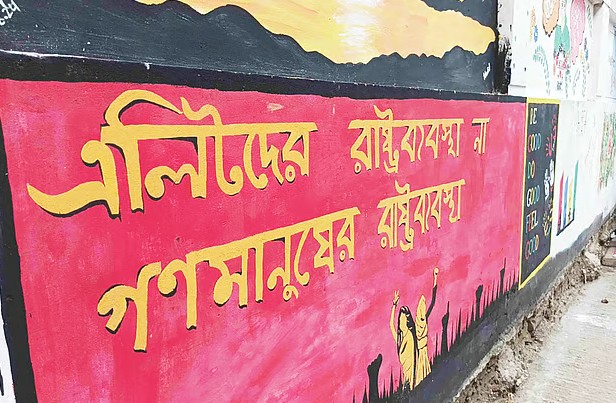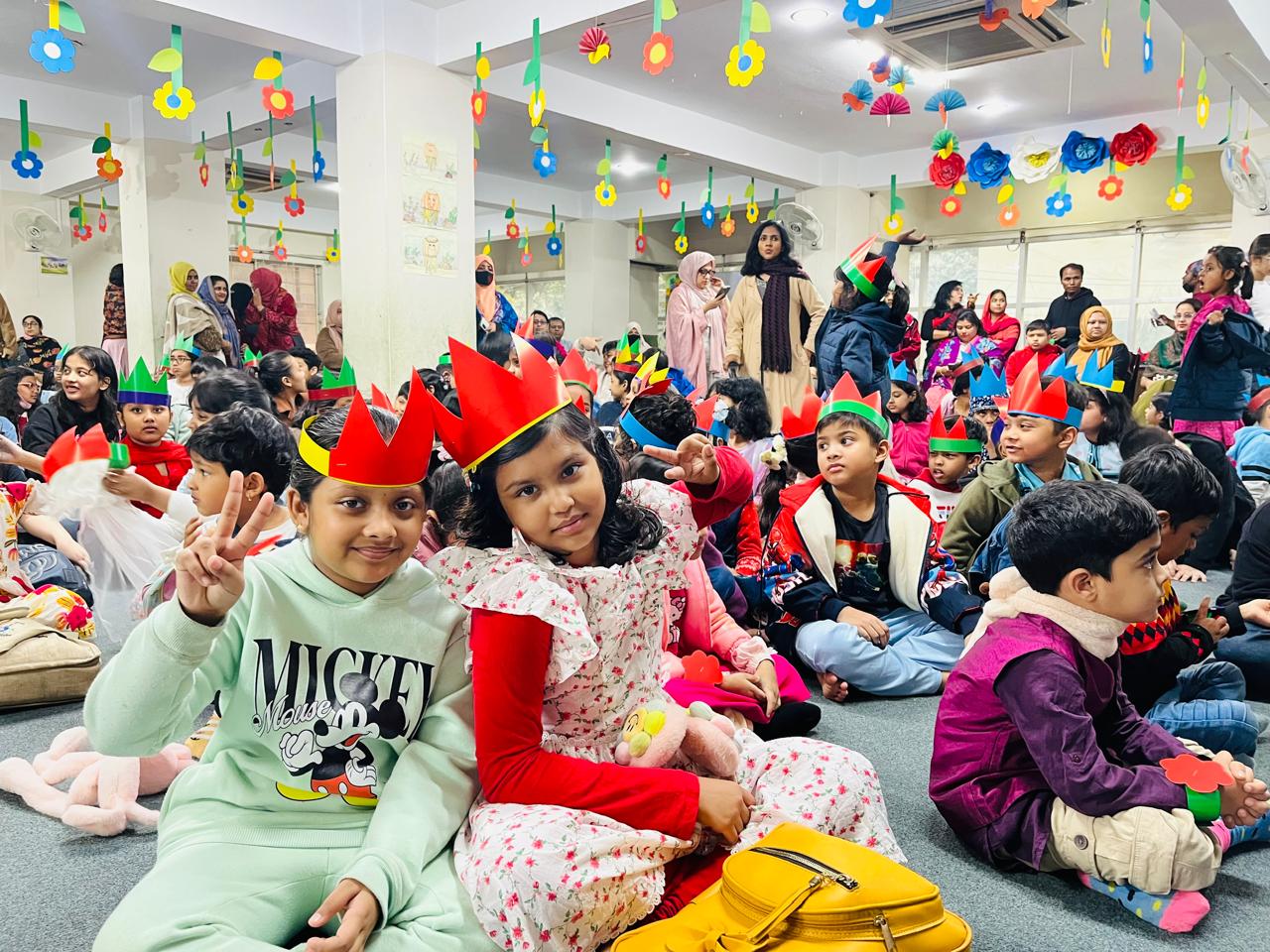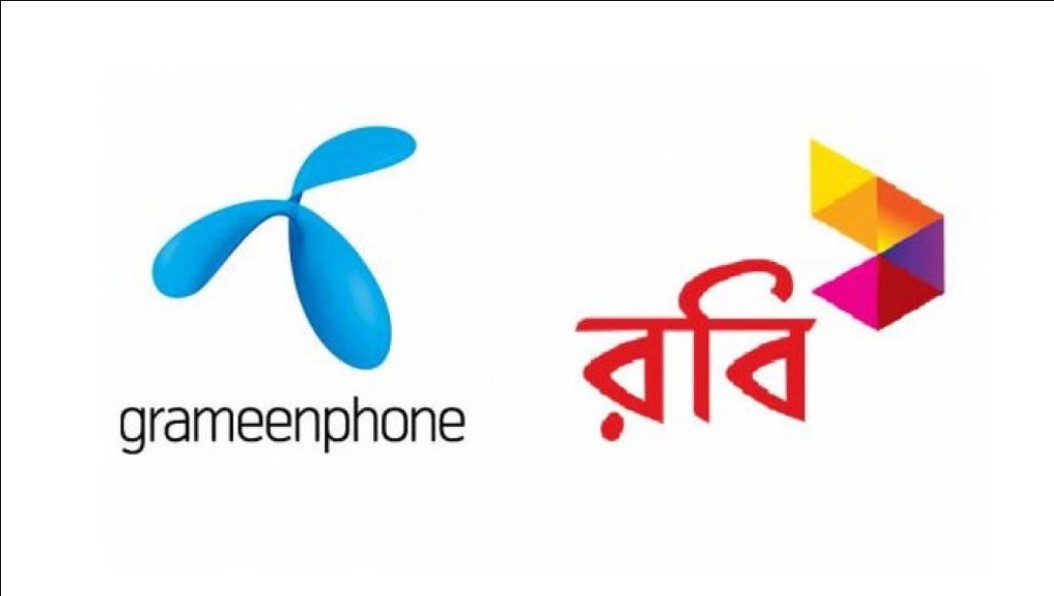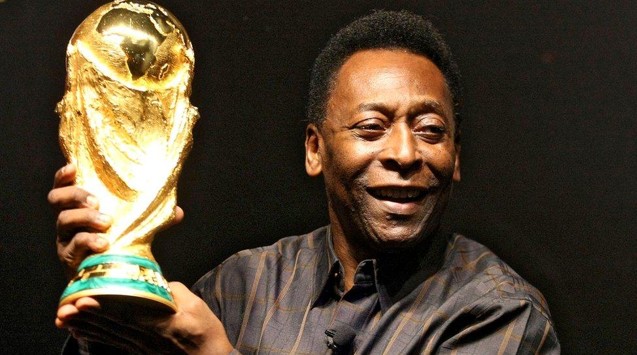The July Charter was signed on 17 October, and now efforts are underway to chart its path to implementation. At the signing ceremony, it was said that by signing this charter, Bangladesh has begun “walking into the civilized world” from a barbaric past. Throughout history, Bengal has undoubtedly endured oppression, colonisation, and deprivation in many forms. Now, quite astonishingly, we are told that we were once part of a barbaric world! But who were these “barbarians”?
The ruling class, or the exploited lower classes? And in this new “civilized world,” are both groups allowed entry? What exactly is in this much-discussed charter that is supposed to secure a civilized future for Bangladesh? Is there truly anything of that sort? What did the architects or signatories of the charter mean by the term “civilization”—what standards or definitions does it imply? The Bangladesh of tomorrow will seek answers to these questions in the content of the charter itself, not in the rhetoric of its framers or signatories.
The background to the much-discussed July Charter was shaped by the “Red July” of 2024 and the many movements and aspirations of people from various classes and professions that came before it. The sacrifice of nearly a thousand martyrs brought about a transformation—what their surviving comrades have called an “anti-discrimination” mass uprising. That uprising became the moral and political foundation for the signing ceremony of October 2025. The Terms of Reference of the July Charter are, of course, rooted in the central demands of those 2024 and earlier mass movements. Those demands—encapsulated in a single word left to us by the martyrs—are about inequality.
If the central aspiration of July 2024 was to eliminate inequality from all levels of society and the state, the first question that arises is: who are the most inequality-stricken groups in Bangladesh? There may be debates about the exact order of that list, but it would likely be agreed that workers, farmers, Dalits, small ethnic groups, religious minorities, and especially women suffer the most discrimination in this country. Some individual farmers, women, or members of minority communities may be financially better off, but as collective groups, they remain marginalised from the mainstream of society—victims of systemic inequality.
If the current interim government has any moral or policy obligation, it is this: it must take concrete steps to reduce social, political, and economic inequality. The July Charter must be viewed in that light alone. For that reason, the true measure of civilization or lack thereof must be inequality.
Many have repeatedly affirmed that, in light of the people’s collective and unified will, the interim government is fully legitimate—and that is true. Yet it is not an ordinary government. It bears the unavoidable responsibility of fulfilling the aspirations of the martyrs. Therefore, beyond all other mandates—justice and elections—the question of inequality must be its highest priority. The charter signed on 17 October is the outcome of that priority and responsibility. In that sense alone, it is historic. But the question remains: how much of July’s vision does it truly embody?
If the central aspiration of July 2024 was to eliminate inequality from all levels of society and the state, the first question that arises is: who are the most inequality-stricken groups in Bangladesh? There may be debates about the exact order of that list, but it would likely be agreed that workers, farmers, Dalits, small ethnic groups, religious minorities, and especially women suffer the most discrimination in this country. Some individual farmers, women, or members of minority communities may be financially better off, but as collective groups, they remain marginalised from the mainstream of society—victims of systemic inequality.
Rather than viewing inequality in Bangladesh solely through the lens of social groups, it can also be examined from an economic perspective. In July 2024, students initially raised concerns about unemployment and lack of job opportunities. At that time—and still today—unemployment remains one of the country’s major problems. Market syndicates have long acted as a permanent and sharp-edged weapon, and poverty continues to persist. According to the World Bank, the poverty rate in Bangladesh stands at 21 per cent. Government figures put it at 19 per cent, while the private research organisation PPRC, using a larger sample size, found that 28 per cent of people live in poverty this year. Averaging these three estimates, the poverty rate comes to about 23 per cent.
In a country of 170 million people, 23 per cent means around 40 to 50 million individuals—people who earn less than Tk 3,500 per month. Among them, according to government data, more than 2.6 million people are unemployed, meaning they do not get even an hour of paid work in a week. This unemployment and poverty formed a major backdrop to the 2024 mass uprising. The groups previously mentioned—workers, farmers, Dalits, women, and minorities—constitute the majority of those living in poverty and deprivation. Students from these communities make up another marginalised group within the nation’s campuses.
Alongside them, a large portion of the relatively better-off population also faces a serious problem: harassment and oppression by the state’s administrative and policing systems. One of the major demands during the “Red July” movement was to bring change to these institutions. Such demands were clearly reflected in the post-July graffiti that appeared across the country—an unmistakable manifesto of the uprising. Therefore, it was natural that the government and forces born out of the anti-discrimination uprising would focus primarily on achieving meaningful changes in the urgent realities of these people’s lives.
In the signed Charter, there is only one proposal concerning women—to gradually increase their current number of reserved seats in Parliament to 100. Yet women’s core demand has long been direct elections to those reserved seats, not just an increase in number. So how does this Charter align with the aspirations of the anti-discrimination mass uprising? How does it reflect the spirit of Red July?
At the outset, the government appeared to be moving in the right direction. A number of commissions and task forces were formed to identify the problems of various sectors and groups—such as the Labour Commission, the Women’s Commission, the Police and Administration Reform Commission, and the Local Government Commission. Surprisingly, however, no reform commissions were established for two crucial sectors: education and agriculture. No explanation has been provided for why these two key areas were excluded from reform efforts. Still, people looked toward the newly formed commissions with great hope. The commission members worked diligently and presented many data-based recommendations.
Everyone thought that the anti-discrimination government would surely implement at least some of each commission’s recommendations and leave the rest for the next elected administration. That would have been the only true way to honour “Red July.” It was expected to be the path of good governance and civility. But what did we actually find in the July Charter? Does it contain the “July” that people had hoped for?
Everyone should read the July Charter, which includes 84 reform proposals. Many already have. But in the unanimously approved sections of the Charter, is there a single reform proposal directly related to reducing the everyday inequalities faced by farmers, workers, Dalits, and minorities? If not, why not?
In the signed Charter, there is only one proposal concerning women—to gradually increase their current number of reserved seats in Parliament to 100. Yet women’s core demand has long been direct elections to those reserved seats, not just an increase in number. So how does this Charter align with the aspirations of the anti-discrimination mass uprising? How does it reflect the spirit of Red July?
The Charter also calls for the formation of a permanent commission on police and administrative reform. But detailed reports with extensive recommendations on these two sectors already exist. Why, then, is there a need to form new commissions again? The public has not been informed about what obstacles prevented the implementation of the key recommendations from the previous reports.
The July Charter has been most disappointing in its treatment of economic and production-related reforms. There are no proposals addressing urgent issues such as progressive tax reform to expand employment and reduce unemployment and poverty.
Given the size of Bangladesh’s population, agriculture remains its largest sector. There were numerous reform agendas concerning land ownership and market mechanisms, but the Charter has avoided them entirely. It has also overlooked crucial issues for workers—such as the wage board, decent working conditions, housing, and rations.
So, how can this Charter play any meaningful role in reducing the number of poor people—from 40 to 50 million—or in easing their everyday deprivation?
If this is the reality, then even after entering the so-called “civilized world,” are we simply waiting for yet another “July”?
#The opinions expressed are the author’s own.
Courtesy: Prothom Alo Online





